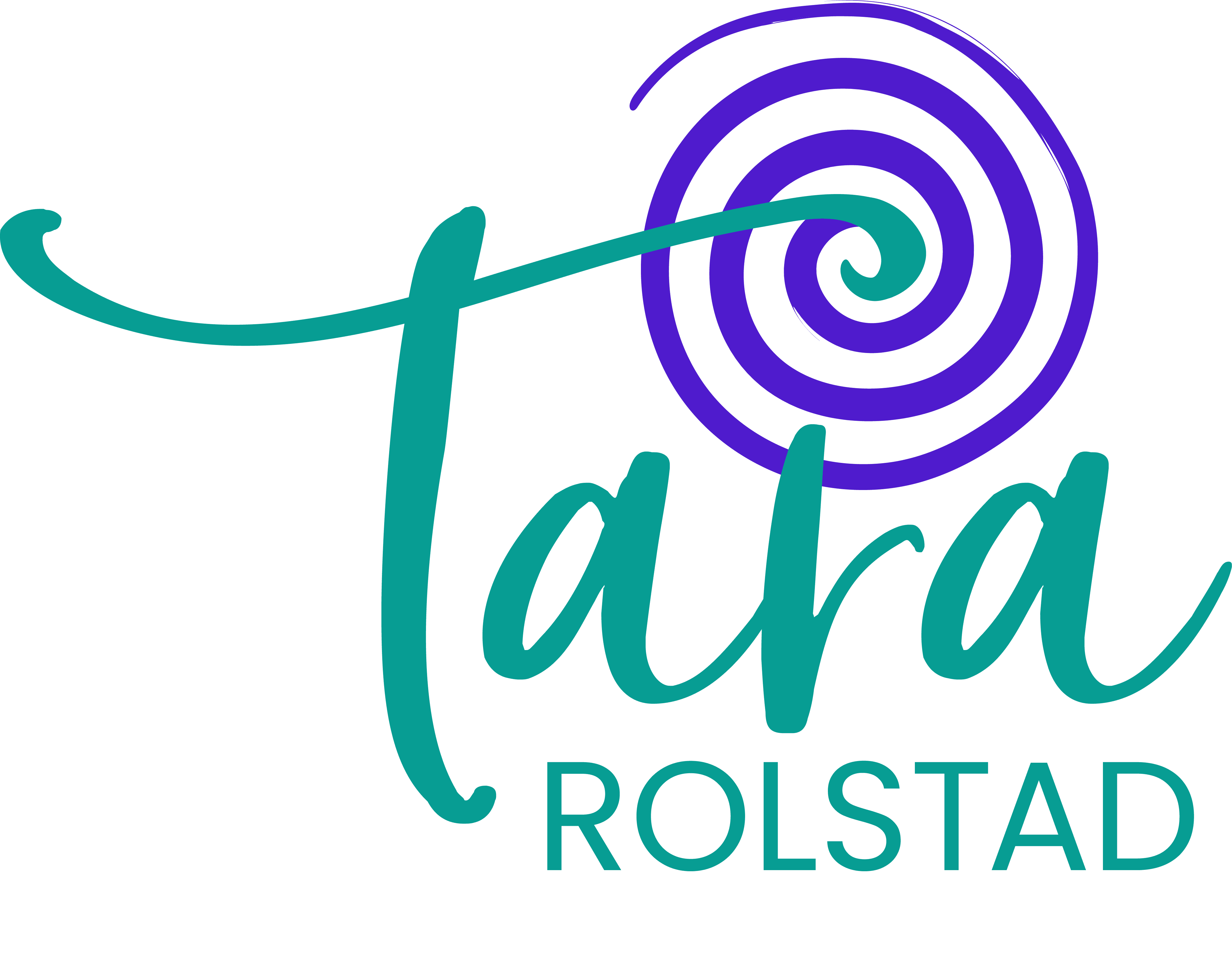
Five things I wish someone had told me about parenting a child with mental illness

It is hard to parent a child who lives with mental illness. It is immeasurably more difficult to do it in isolation, without support or resources. Over my 15 years of parenting teens with mental illness—my nieces and then one of my own kids—so many moments, so many challenges, would have been easier if I’d known:
- Don’t try it alone: It’s ok to be open, and it will help you find community.. Whether you’re just wondering if your child needs mental health help, or you are in the middle of a serious crisis with your kid, don’t try to do this alone. Reach out to friends, family, your pediatrician, your insurance company, your faith community, and build a team of support. This is too hard to do alone.
- NAMI is for everyone: it was FIVE YEARS before anyone suggested NAMI, the National Alliance on Mental Illness, to my family. Not cool. NAMI is a phenomenal organization that offers local FREE classes on many aspects of mental health, including classes for parents. Not only that but they offer support groups for parents, and many other helpful services. Check them out.
- GET A THERAPIST: it is my highly personal and subjective opinion that if your child has a moderate or severe mental health issue, their treatment plan should include therapy—for the parents! As parents, we need new perspectives, we need someone to listen, and we need someone to teach us new approaches and help us understand our child, because NONE of this is in the parenting books. It took me WAY too long to get my own therapist, and it has been incredibly helpful. Just do it.
- It’s not your fault: mental health challenges are common, and they are a normal part of the human experience. They are a result of a combination of genetics, environment, trauma and everything else that makes us human. But your child’s mental health issues aren’t your fault, and you are doing the best you can. Just keep learning, and reaching out for help, and don’t waste time blaming yourself. It’s not your fault.
- There is hope, it won’t always be this way, and they CAN get better: Recovery is not just the hope but it is the expectation for most mental health challenges people experience. Even the most serious mental health issues can improve with treatment and support. They are going to be ok. It may not be how we imagined it, but guess what? That imaginary reality wasn’t ever going to be real anyways. We can meet our kids where they are, support them, and be with them as they recover from mental health issues.
The fact that I didn’t know all of this early on during my family’s worst moments is exactly why I founded the Parenting & Mental Health conference. These powerful conferences bring parents in a community together to learn more about mental health, how to know when to get their kid help, how to support their kid, and how to support all kids in their community.
These conferences aren’t dry, academic presentations. Instead, attendees hear personal stories from parents who’ve been there, learn from school mental health professionals, and get to ask questions of local therapists and psychologists. They also get information from local community resources such as NAMI, and the opportunity to sign up for free classes on mental health, or support groups for other parents who are walking a similar road.
I would have given ANYTHING to be connected early on in our journey with other parents who’d been there. As phenomenally supportive as our friends and family were, they couldn’t understand the fear, the second-guessing, or the exhaustion.
It’s my hope that parents, guardians, grandmas and grandpas will be surrounded by other people who get it, they’ll leave equipped with great new strategies and resources, and they’ll be able to be stronger, more effective advocates for ALL of the kids in their communities.
My next Parenting & Mental Health conferences are sponsored by NAMI of Washington County:
January 13th in Forest Grove: register here
April 6th in Hillsboro: register soon!
If you’re in the area, I hope you’ll join us. If you’re not in the area, but you’re interested in an event in your community, let’s talk.
Get in Touch
Want to learn more about having Tara Rolstad speak at your event, facilitate a workshop, or consult with your organization? Just share some basic information with her in this form, which will magically send her an email, and she’ll be in touch ASAP.
Phone
(503) 756-9135